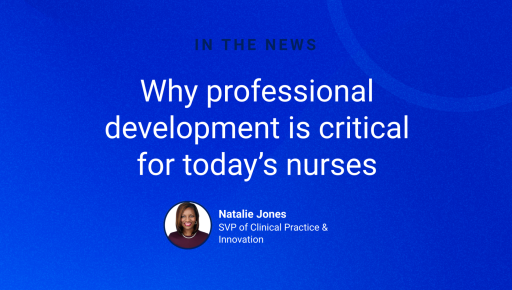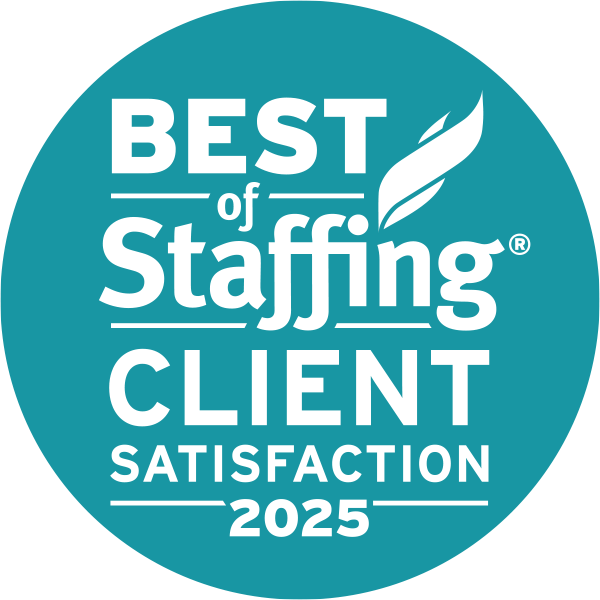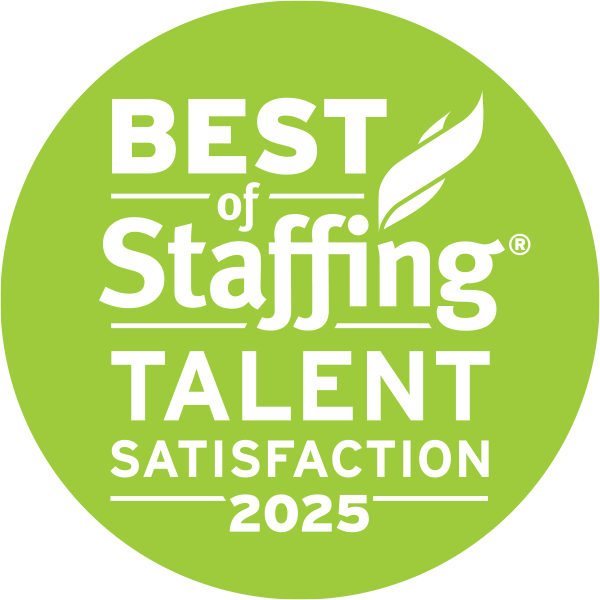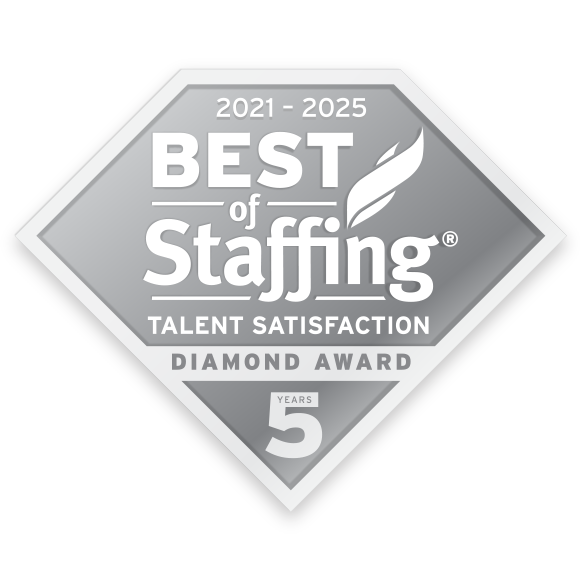Public health nurses make up the largest segment of the public health industry. These necessary healthcare professionals are responsible for all facets of public health care, including prevention, activism, education, assessment, and evaluation. We rely on public health nurses to prevent diseases while promoting health and safety within the community.
If you are currently in a nursing program or you are considering becoming a nurse, making the transition to public nurse offers plenty of rewards. Not only will you have the opportunity to make significant changes to public health, but you have the potential to help generations of people live longer, healthier lives. While public health nurses only help a single patient at a time, the role may also have you caring for entire populations, making this job one of the most important employment positions in the healthcare industry.
What Responsibilities Does a Public Health Nurse Have?
Public health nurses assess illnesses and injuries. Unlike other healthcare professionals who wait for patients to come to them, public health nurses become active in their communities. They strive to help to improve the health of everyone within a general area. They possess training as a registered nurse, which means they can use their knowledge to educate others on how to best protect their health. As you may have guessed, public health nurses focus on education first and foremost.
Public health nurses may work with community groups, schools, senior centers, and other organizations to teach people about important issues affecting health today. The lessons they teach may include demonstrations of safety practices or curriculum focused on how to care for the elderly, disabled, and ill.
As a public health nurse, your role will also include encouraging people to get vaccinated against diseases or tested for certain ailments. Low income areas may benefit from public health nurses who can educate community members about prenatal and baby care, elderly care, and the importance of immunizations for school aged children. During a health crisis emergency, public health nurses are heavily relied upon on the front lines.
Overall, the primary responsibility of public health nursing is to make health information easily accessible for all individuals while helping people understand that they can make informed decisions about the improvement of their health.
A Day in the Life of a Public Health Nurse
Becoming a public health nurse, you know you will be working with the public to promote wellness and prevent disease. You also need to devise initiatives for reducing risks within the population. To accomplish this, your days will be filled with a variety of specific tasks. At times, you may feel like you’re wearing several different hats, including those of an educator, RN, and psychologist, but it’s all for the benefit of public health.
Your average day as a public health nurse may look something like this.
Assessing Health Trends: You may find yourself poring over data to identify health risks that are specific to a particular community.
Health Interventions: You’ll assign priorities for health-related interventions like pharmaceuticals, surgical procedures, and behavioral treatments to provide maximum benefit.
Advocacy: You’ll advocate with local, state, and federal authorities to improve health services access to communities in need.
Health Education: Your days may be spent designing and implementing health education activities and campaigns for the aim of preventing disease.
Local Health Services: You will work with local governments to provide information on local health programs and health services in order to make care readily available to underserved community members.
Direct Health Care Services: You may put your RN skills to good use providing direct health care services to populations most at risk.
Crunching Data: To provide the most relevant care to the community, you’ll be responsible for recording and analyzing medical data.
Help People: Your days as a public health nurse will mostly be spent developing relationships with various patients. You’ll provide direct care to patients, follow-up care, and you’ll refer people to the various health care services they need.
Are Public Health Nurse Jobs Available?
Yes! Public health nurses are in high demand, particular in low-income areas where the public lacks access to readily available healthcare information and services. Government agencies around the country are recognizing the benefit of disease prevention and education services as it relates to health care. This means that not only are there public health nursing jobs available, but the role is predicted to grow by 7% through the year 2029. That amounts to 222,000 new positions, and one of them may have your name on it.
You can increase your value as a public health nurse applicant by being bilingual in Spanish and English for areas consisting of diverse populations. This position pays an average annual salary of $51,000. Your salary may vary depending on your education, responsibilities associated with your job, and the area where you work.
Where Do Public Health Nurses Work?
Get a job as a public health nurse and you might work in an outpatient clinic or community service center. Government organizations hire public health nurses for community education and outreach, and so to school systems and nonprofit agencies. You could work all by yourself or you might be part of a multidisciplinary team. Some public health nurses supervise other healthcare workers.
How Can You Qualify as a Public Health Nurse?
To get started as a public health nurse, you will need to attain a minimum of an associate degree in nursing. Many employers prefer a bachelor’s degree while a master’s degree in nursing (MSN) or master’s degree in public health (MPH) is highly advised. If you decide to pursue an MPH, you can give yourself an edge by specializing in environmental health, epidemiology, and biostatistics.
The Path to Becoming a Public Health Nurse
If you want to become a PHN, you’ll first enter an accredited associate degree in nursing (AND) program or bachelor of science in nursing (BSN) program.
Once completed, you’ll pursue your RN licensure by passing the NCLEX-RN exam administered by the National Council of State Boards of Nursing.
Even with an RN license, you’re not at the end of the tunnel yet. Next, you’ll need to fulfill the public health certification requirements. This can include a bachelor’s degree in any concentration with at least five years of public health experience. It could include a graduate degree with at least three years of public health experience, or a certificate from a health accredited program with at least three years of public health work.
While not a requirement, you might want to take and pass the Certified Public Health Exam (CPH). This test is voluntary but passing means that you demonstrate that you have interest in the field. The test could be preferred by some employers.
Master’s Degree in Nursing (MSN) vs. Master’s Degree in Public Health (MPH)
If you are considering going with a master’s degree, you might wonder which degree program is best for the public health nursing position. The truth is that both programs will give you an opportunity to perform well as a public health nurse. You can still make a difference in people’s lives, but there are some differences between the master’s degrees you should be aware of.
The MSN program will give you the necessary skills to take care of patients and their families. The MPH gives you the skills needed to prevent illnesses and disease for broader based care focused on entire populations.
Master of Science in Nursing (MSN)
An MSN is an advanced nursing degree for registered nurses. Completing the program gives you an opportunity to attain a high-paying career, including work as a public health nurse. Attaining an MSN gives you the knowledge to practice as an advanced practice nurse, which includes positions like nurse anesthetist, nurse midwife, nurse executive, and clinical nurse specialist, which are some of the highest-paid positions in nursing.
Online MSN programs are available. The curriculum for these master’s degree programs can vary depending on how you want to specialize. Specializations for the MSN include healthcare policy, advanced research methods, foundational concepts and applications, and others.
Master’s Degree in Public Health (MPH)
This master’s degree program is for those who are interested in the public health of entire populations. It puts you in a position to protect and improve the health of whole communities as opposed to individual patients. The curriculum for the program is aimed at education about illnesses, disease, science, and healthy living. In addition to public health nursing, graduates of the MPH program have a future as an epidemiologist, global health worker, health educator, or clinical researcher.
Online courses may vary depending on specializations like infectious disease epidemiology, bioinformatics, chronic disease epidemiology, and environmental health services.
Valuable Public Health Nurse Skill Sets
The best public health nurses care about making a difference in the community. They have no problem working with large groups of people and are sensitive to cultural differences. They have excellent communication and critical thinking skills and possess the ability to juggle many different responsibilities. Most of all, public health nurses are passionate about improving others’ lives, and love to solve problems that may affect positive change.
Start Searching for Jobs as a Public Health Nurse
With so many opportunities available in the public health nursing field, the time is now to start submitting your resume. Whether you have the necessary qualifications, you’re almost there, or you’re just beginning, Prolink can help. We can help you locate the right resources while giving you access to the latest public health nurse job listings nationwide. For fast placement, apply today by calling (866)777-3704.









